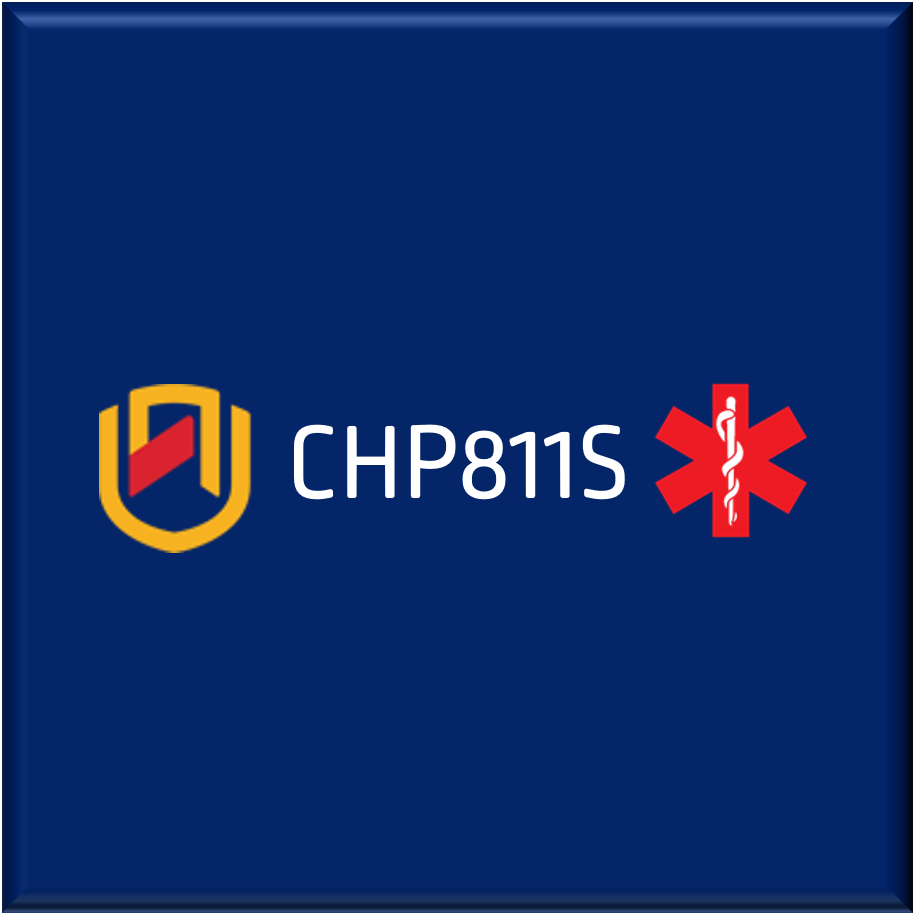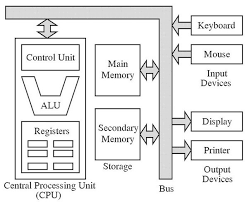- Lecturer: Dr Beven Liswani Kamwi
- Lecturer: Johnson Mutirua
- Lecturer: Beatrice Mutonga
NUST eLearning
Search results: 366

The aim of the course is to introduce students to the basic principles of computer networking organisation and operation. The course also introduces students to practical network environments, by experimenting with networking tools. For this purpose, students get exposed to theoretical as well as practical problems in network setups, design and maintenance.
- Lecturer: Taleni Andjamba
- Lecturer: Nasimane Ekandjo
- Lecturer: Helena Hainana
- Lecturer: Shoopala Nambahu
- Lecturer: Albertina Shilongo
- Lecturer: Lineekela Shishiveni
The main aim of this course is to introduce students to the theories and models that inform the field of communication studies. They will learn about the theories, models, and conceptual tools that can be used to explain communication phenomena. The students will be exposed to the history of communication theories and models. The ultimate goal is to help students appreciate the relevance of communication theories in research and how these conceptual tools can be used to inform practice.
- Lecturer: Dr Beven Liswani Kamwi
- Lecturer: Johnson Mutirua
- Lecturer: Beatrice Mutonga

This course aims to equip the students with the necessary knowledge and skills to provide care in the community clinic environment at an advanced life support level.
- Lecturer: Carolie Cloete

This course aims to support students to acquire a deepened understanding of relevant Community-Based Natural Resource Management (CBNRM) principles and components, and the necessary skills, strategies and tools for the effective development and management of communal conservancies, community forests (CFs) and Basin Management Committees (BMCs).
- Lecturer: Clarence Ntesa
Dear students welcome for the course Complex Analysis (CAN702S).
I am hoping you will enjoy this course and I advise you to practice
and do problems to master the course materials.
- Lecturer: Dr Nega Chere

Computer Architecture and Organization aims to develop a deeper understanding of the hardware environment upon which all of computing is based, and how a hardware layer is interfaced to the software layers that comprise the applications that perform modern computing. Students need to understand computer architecture to develop programmes that can achieve high performance through a programmer’s awareness of hardware functional components, their characteristics and limitations. In selecting a system to use, students should be able to understand the trade-offs among various components, such as CPU clock speed, cycles per instruction, memory size, and average memory access time
- Lecturer: Andreas Amukwa
- Lecturer: Sepiso Chikuruwo
- Lecturer: Nghidulika Jackson
- Lecturer: Petrus Katambo
- Lecturer: Immanuel Nampala
- Lecturer: Julius Silaa
- Lecturer: Mbaunguraije Tjikuzu
By the end of this course of study, students should be able to:
- Describe a computer and identify its basic structure.
- Use a computer effectively to source for information and to solve problems.
- Use and apply computer application packages for word-processing, spreadsheets, presentation and presentation graphics,
- Use mathematical/numerical data processing packages to assist in carrying out engineering tasks (e.g. Mathcad, Mat lab etc.)
- Use common software applications as tools in solving engineering problems.
- Use computer applications as tools to assist in carrying out engineering tasks.
- Use mathematical packages to solve engineering problems (e.g. Microsoft Excel, MathCAD)
- Apply engineering problem-solving techniques to analyze and develop basic algorithms
- Lecturer: Aili Ashipala

This course aims at providing the students with the understanding of elements and technologies used by carrier networks (ISP) to provide services such as telephony, Internet and television to individuals. The course also addresses the problem of external routing and the implementation of quality of service by resource reservation or by traffic engineering in the networks.
- Lecturer: Taleni Andjamba
- Lecturer: HELENA HAINANA
- Lecturer: Helena Hainana
- Lecturer: Prof Dharm Singh
- Lecturer: Prof Guy-Alain Zodi
- Lecturer: Dr Phillip Santos
- Lecturer: Dr Sadrag Shihomeka

The course is designed to provide students with advanced knowledge and approaches to manage correctional facilities successfully. Special emphasis is directed toward applying concepts to the management of multi-focused institutions that provide for security and rehabilitation programmes. The course further enables students to manage the overall correctional operations, including the facility setting, offenders, and staff. Additionally, students will be able to discuss and examine emerging contemporary issues, such as developing correctional staff as human service professionals, community alternatives to incarceration, privatisation, and other emerging issues.
- Lecturer: Prof Hennie Bruyns

The course is designed to enable you to effectively manage the full scope of any project to be initiated in the correctional services environment. Emphasis is on developing the student’s proactive planning, organisational, and communication capabilities throughout all project development and implementation stages. The course provides strategies for both managing tasks (i.e., establishing timetables, identifying resources, monitoring progress, implementation and evaluation) and leading people (i.e., establishing accountability, sustaining momentum, communicating effectively). Concepts are integrated through a final project in which students develop a comprehensive plan to implement a correctional initiative that embraces all significant project management principles addressed in this course.
- Lecturer: Prof Hennie Bruyns
The course aims to provide the students with the necessary skills and associated knowledge to understand the importance of counselling and career guidance in different educational setups. The course will further equip students to explore the talents and potential of their learners, while preparing them for life in the 21st century, and strengthen students’ ability to use counselling skills in assisting learners with learning and other related problems.
- Lecturer: Henrietha Beukes
- Lecturer: Dr Oksana Kachepa
- Lecturer: Linda Kambonde
CONTACT HOURS:
As per the programme timetable uploaded on the NUST website
NQF LEVEL AND CREDIT:
Level 6 with 24 credits
COURSE DESCRIPTION:
The course also aims at affording students time to explore different areas of personal development, apply personal development and creative thinking skills that are critical for the working environment and in their personal lives.
PRE-REQUISITES:
New Venture Development in Practice
COURSE EQUIVALENCIES:
None
COURSE DELIVERY METHODS:
The course will be facilitated using a hybrid or blended learning approach incorporating the use of digital technologies such as MyNUST eLearning platform and Microsoft Teams. The course will be facilitated through the following learning activities:
· Lectures in which students are expected to take notes
· Reading assignments
· Participation in class/group discussions
· Individual or group class presentations
· Tutorials
· Take-home assignments and tests
The following communication tools could be used in this course:
My NUST e-learning platform, Email, MS TEAMS Discussion Board, Scheduled Chats, Unscheduled chats, Teleconference calls, Online content, WhatsApp groups, etc.
Course Format:
240 hours
Contact hours: 60 hours, Directed self-learning: 60 hours, Self-Directed Learning: 100, Assessment: 20 hours
EFFECTIVE DATE:
15th February 2024
- Lecturer: Selma Iipinge

This course is about the fundamentals of pastry, bakery and desserts preparation in a commercial environment. It will expose you to important aspects that you need to know to successfully run a catering outlet in a hospitality establishment. However, it should be stressed that this course only covers the theoretical aspects and need to be taught concurrently with the course Applied Culinary Arts 1: Pastry, Bakery and Desserts ACP 610S which solely takes place in the kitchen. Without doing the practical course at the same time, which will apply all the knowledge and skills learned in this course a full comprehension of the course will not be reached. You would agree that you cannot bake “with a book and a pen” as you need to go into a kitchen and really do it.
- Lecturer: Ralf Herrgott

To equip the students with all necessary theoretical background information and knowledge to be able to prepare good quality cold kitchen items in a professional and commercial environment. This course introduces students to the theoretical constituent elements of advanced food production in the cold kitchen including butchery.
- Lecturer: Ralf Herrgott
- Lecturer: Dr Jacqueline Bock
- Lecturer: Linda Kambonde
- Lecturer: Julius Kuhatumwa
- Lecturer: Maria Indongo
- Lecturer: Dr Stewart Kaupa
- Lecturer: Selma Gwangapi Naanda
The aim of the course is to impart knowledge and skills to enable students to manage a DBMS in order to optimise its use, administer users, create an operational database and properly manage the various structures in an effective and efficient manner including performance monitoring, secure databases as well as plan and implement recovery strategies. The course provides a hands-on administrative approach using current relational DBMSs.
- Lecturer: Ericky Iipumbu
- Lecturer: Albertina Shilongo
- Lecturer: Fellemon Kaitungwa
